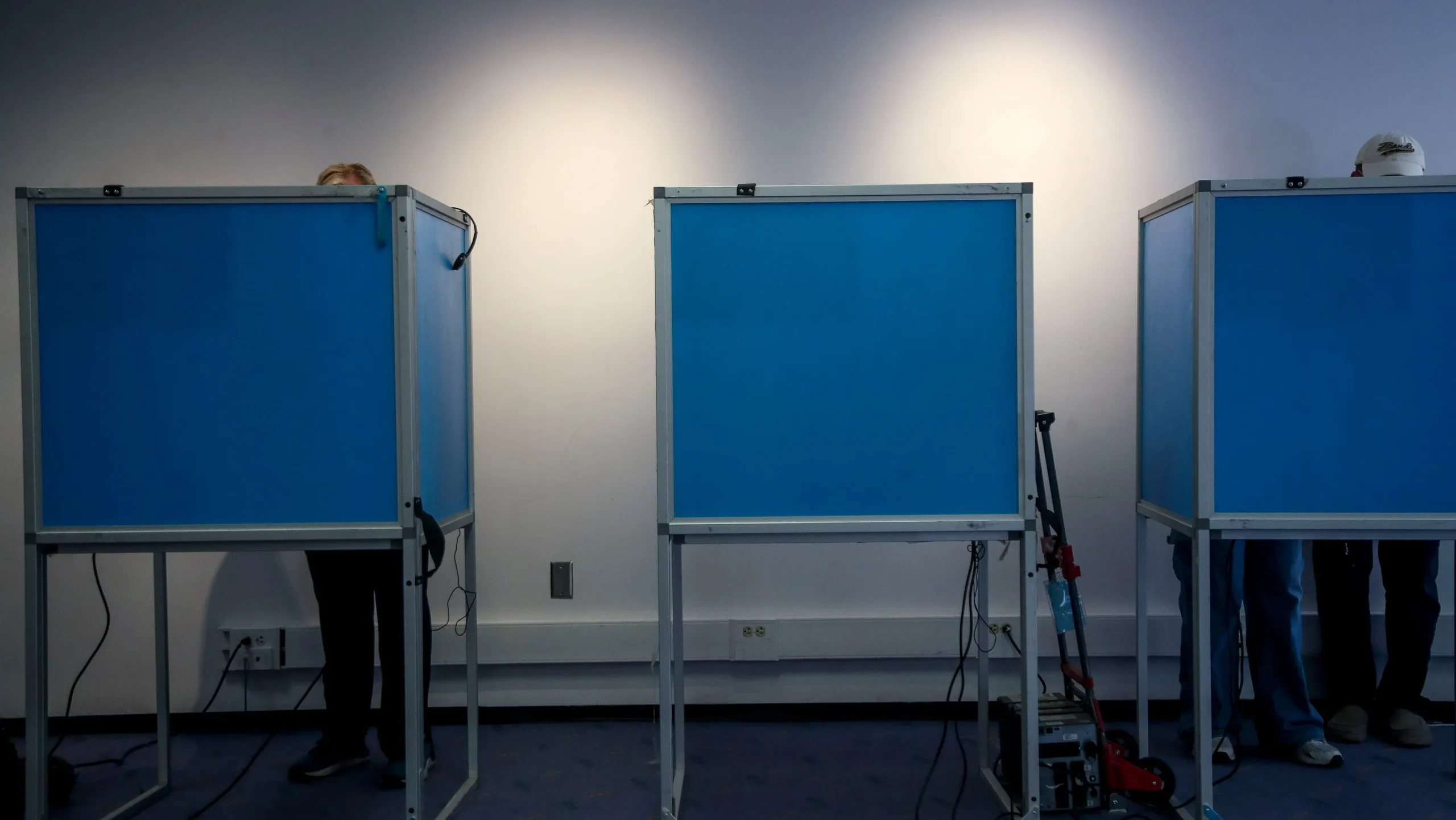Provisional Ballots: The Key to Unlocking Voter Rights in America?
In the landscape of American democracy, provisional ballots have emerged as a crucial mechanism for ensuring that every eligible voter has the opportunity to participate in elections. But what exactly are provisional ballots, and how do they impact voter rights? This article delves into the intricacies of provisional ballots, their legal framework, and their implications for election integrity.
What Are Provisional Ballots?
Provisional ballots are a type of voting method used when a voter’s eligibility is in question. This can occur for various reasons, such as when a voter’s name is not on the electoral roll or when they lack proper identification. The primary purpose of provisional ballots is to allow individuals who believe they are eligible to cast their votes, even amidst uncertainties regarding their registration status.
According to the Help America Vote Act (HAVA) of 2002, states are mandated to permit voters to cast provisional ballots if they assert their right to vote but face eligibility challenges. This legal framework aims to protect the democratic process by ensuring that no eligible voter is disenfranchised due to administrative errors or misunderstandings.
Why Are Provisional Ballots Used?
There are several common reasons why voters may need to use provisional ballots:
- Name Not on the Electoral Roll: A voter may arrive at the polling place only to find that their name is missing from the list of registered voters.
- Lack of Proper Identification: In states that require ID, a voter may not have the necessary documentation at hand.
- Registration Issues: Voters who have moved or changed their names may not have updated their registration, leading to confusion on election day.
These scenarios highlight the importance of provisional ballots as a safeguard for voter rights.
The Numbers Behind Provisional Ballots
The significance of provisional ballots is underscored by statistics from the 2022 federal election. Approximately 700,000 provisional ballots were issued, with about 550,000 counted and 150,000 rejected. This represented 0.63% of all votes counted, illustrating the role provisional ballots play in the electoral process. However, the rejection rates raise concerns about the effectiveness of this mechanism.
In 2022, nearly 44% of rejected provisional ballots were due to voters not being registered at all. Other common reasons for rejection included voting in the wrong precinct or lacking proper ID. These statistics reveal a troubling trend: while provisional ballots are designed to protect voter rights, they can also lead to disenfranchisement if not managed properly.
State Variability and Its Implications
One of the most significant challenges surrounding provisional ballots is the variability in rules and acceptance rates among states. Some states count nearly all provisional ballots, while others reject a significant portion. This inconsistency can lead to disparities in voter access and rights, raising questions about the fairness of the electoral process.
For instance, the Pennsylvania Supreme Court has been involved in discussions regarding the treatment of provisional ballots, emphasizing the need for uniformity in how these ballots are handled across the state. Such legal scrutiny highlights the ongoing debate about the balance between election integrity and voter access.
The Impact on Voter Rights
While provisional ballots serve as a safeguard against disenfranchisement, they also raise concerns among voting rights advocates. Critics argue that provisional ballots can be misused as a means to delay or deny votes from eligible voters. This potential for misuse underscores the need for vigilance in the administration of elections.
Moreover, the processing of provisional ballots can be prone to clerical errors, leading to valid votes being rejected for reasons unrelated to eligibility. This raises questions about the efficiency and accuracy of election administration systems, further complicating the landscape of voter rights.
The Importance of Voter Education
A significant barrier to the effective use of provisional ballots is the lack of awareness among voters regarding their rights. Many voters are unaware of the circumstances under which they can use provisional ballots, leading to confusion at polling places.
Educating voters about when and how to use provisional ballots is crucial for ensuring equitable access to voting. Initiatives aimed at increasing voter education can empower individuals to assert their rights and navigate the electoral process more effectively.
Future Considerations for Provisional Ballots
As discussions around voting rights continue to evolve, the role of provisional ballots may be re-evaluated. Potential reforms could focus on improving access and reducing rejection rates to enhance voter participation across demographics.
Advocates for voting rights are calling for a comprehensive review of the provisional ballot system, emphasizing the need for consistency and transparency in how these ballots are processed. Such reforms could help restore faith in the electoral process and ensure that every eligible voter has a voice.
Conclusion
In conclusion, provisional ballots represent a critical component of the American electoral system, serving as a lifeline for voters facing eligibility challenges. While they play a vital role in protecting voter rights, the






Leave a Comment